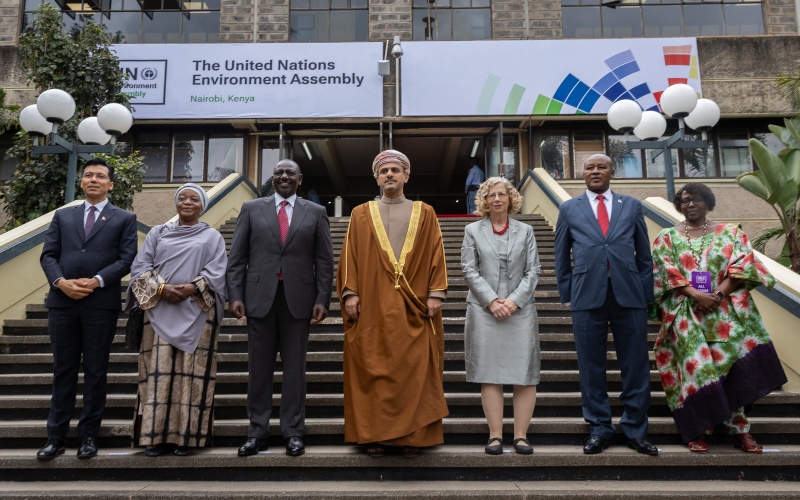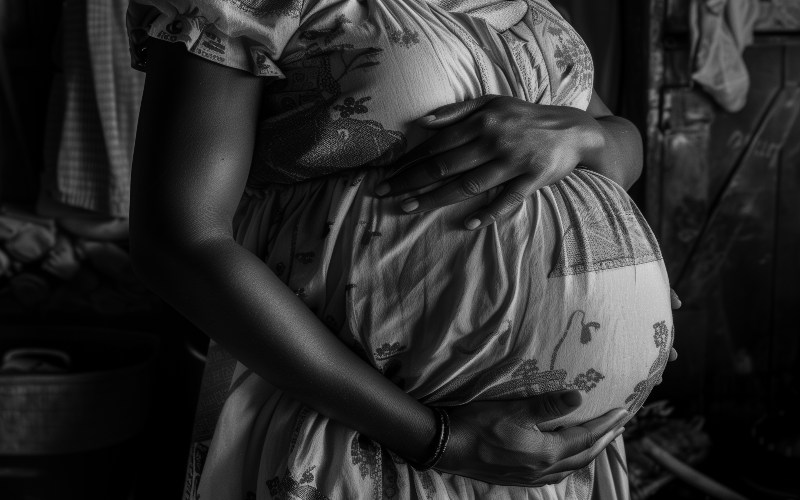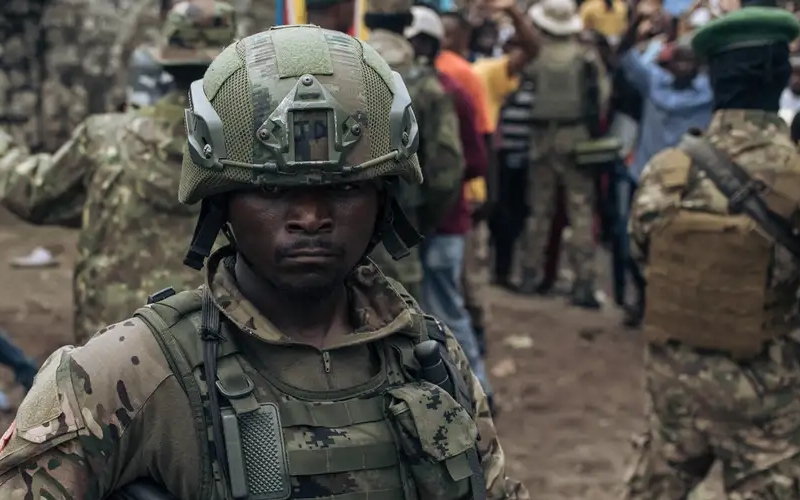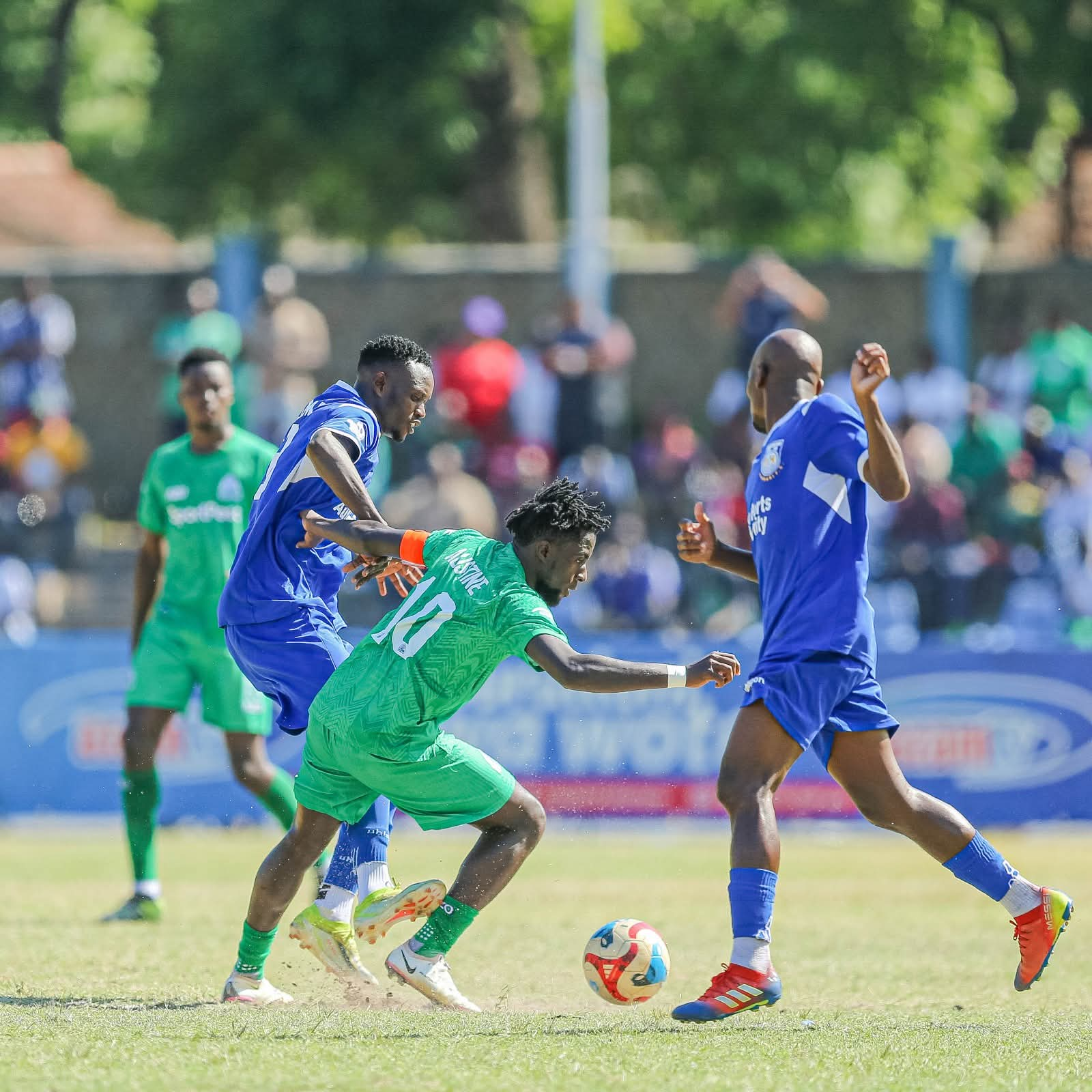UN Adviser on Genocide Prevention welcomes verdict against ex-Rwandan doctor Eugène Rwamucyo
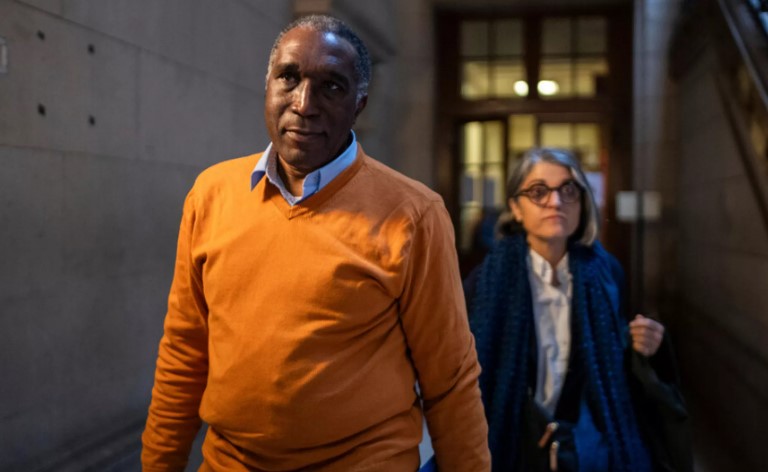
The conviction of Rwamucyo is particularly significant as it highlights a broader concern: despite numerous indictments and international arrest warrants, many individuals involved in the genocide remain at large.
A Paris court sentenced former Rwandan doctor Eugène Rwamucyo to 27 years in prison on October 30, 2024, for his involvement in the 1994 genocide against the Tutsi in Rwanda.
The court convicted Rwamucyo of complicity in genocide and crimes against humanity, including conspiracy to commit such acts, despite his acquittal on certain charges and denial of all accusations.
More To Read
- Rwandan genocide suspect Francois Gasana extradited from Norway
- US arrests Rwandan genocide fugitive Vincent Nzigiyimfura after years on the run
- Rwanda’s UN envoy makes case for registry on international criminal matters
- France reopens genocide case against former UN worker Callixte Mbarushimana
- French court suspends genocide probe into Rwanda’s former First Lady over lack of evidence
- Rwanda denies destabilising eastern Congo, accuses DRC government of fuelling unrest
The UN Special Adviser on Genocide Prevention, Alice Wairimu Nderitu, publicly welcomed the court’s decision, emphasizing the importance of accountability in breaking cycles of impunity.
“As we continue commemorating the 30th anniversary of the 1994 genocide against the Tutsi in Rwanda, we cannot lose sight of the importance of accountability in breaking the cycle of impunity and recurrence,” she stated.
“Honouring the victims means actively working for justice for the crimes committed against them, as well as reinforcing all possible efforts to prevent their recurrence.”
The conviction of Rwamucyo is particularly significant as it highlights a broader concern: despite numerous indictments and international arrest warrants, many individuals involved in the genocide remain at large.
"This level of impunity, which is unacceptable more than thirty years after the commission of the crimes, undermines the values of justice and accountability," Nderitu said, calling for immediate action to apprehend those responsible.
Nderitu urged global cooperation, especially from member states hosting individuals accused of genocide. She commended the UN International Residual Mechanism for Criminal Tribunals (IRMCT) for its role in supporting national jurisdictions in pursuing justice.
“The IRMCT itself is providing critical assistance to national jurisdictions in bringing perpetrators to justice and must continue to be supported,” she noted.
The special adviser noted that such judicial actions not only serve justice but also build a culture of accountability.
“Fair, impartial, and independent justice remains an essential component of a fully democratic society, where human rights are protected and promoted and where impunity is not tolerated,” she concluded.
After leaving Rwanda, Rwamucyo practised medicine in Belgium and France.
Following an international arrest warrant issued by Rwanda, Rwamucyo was detained in May 2010 by French police following a tip-off by his colleagues in the Maubeuge hospital in northern France, where he was working at the time.
Top Stories Today


